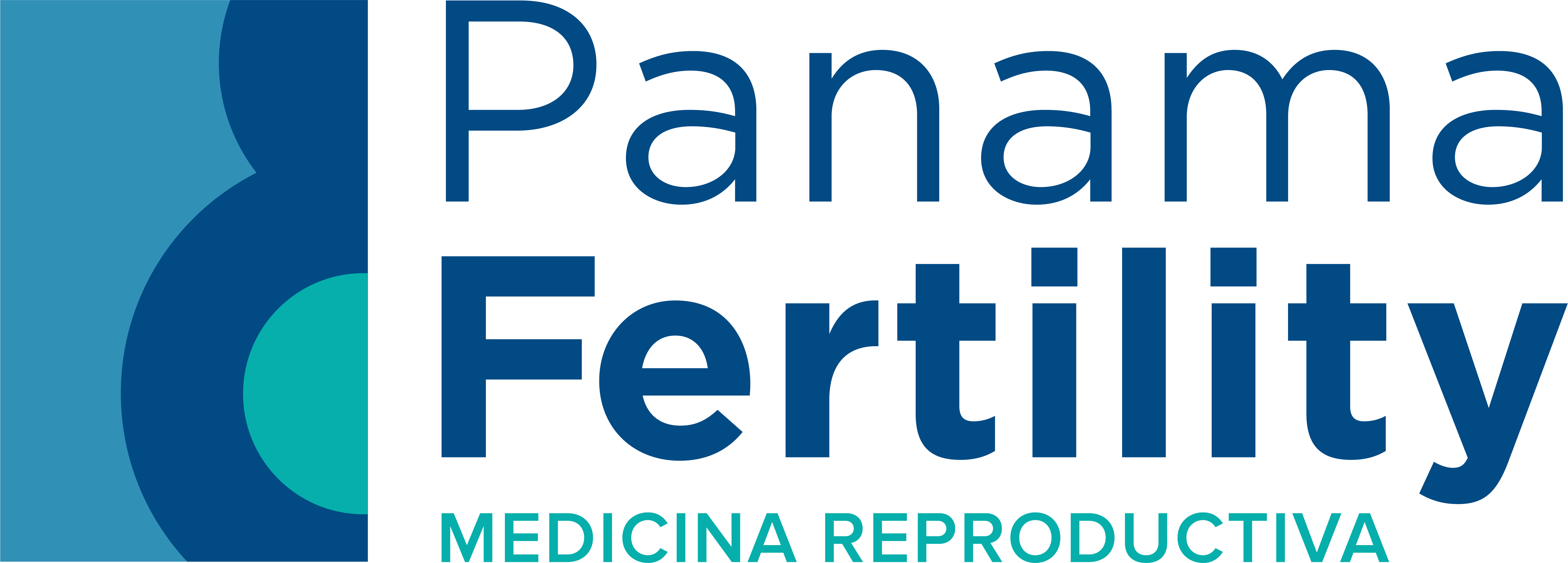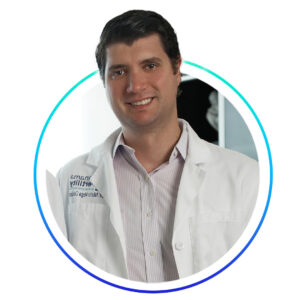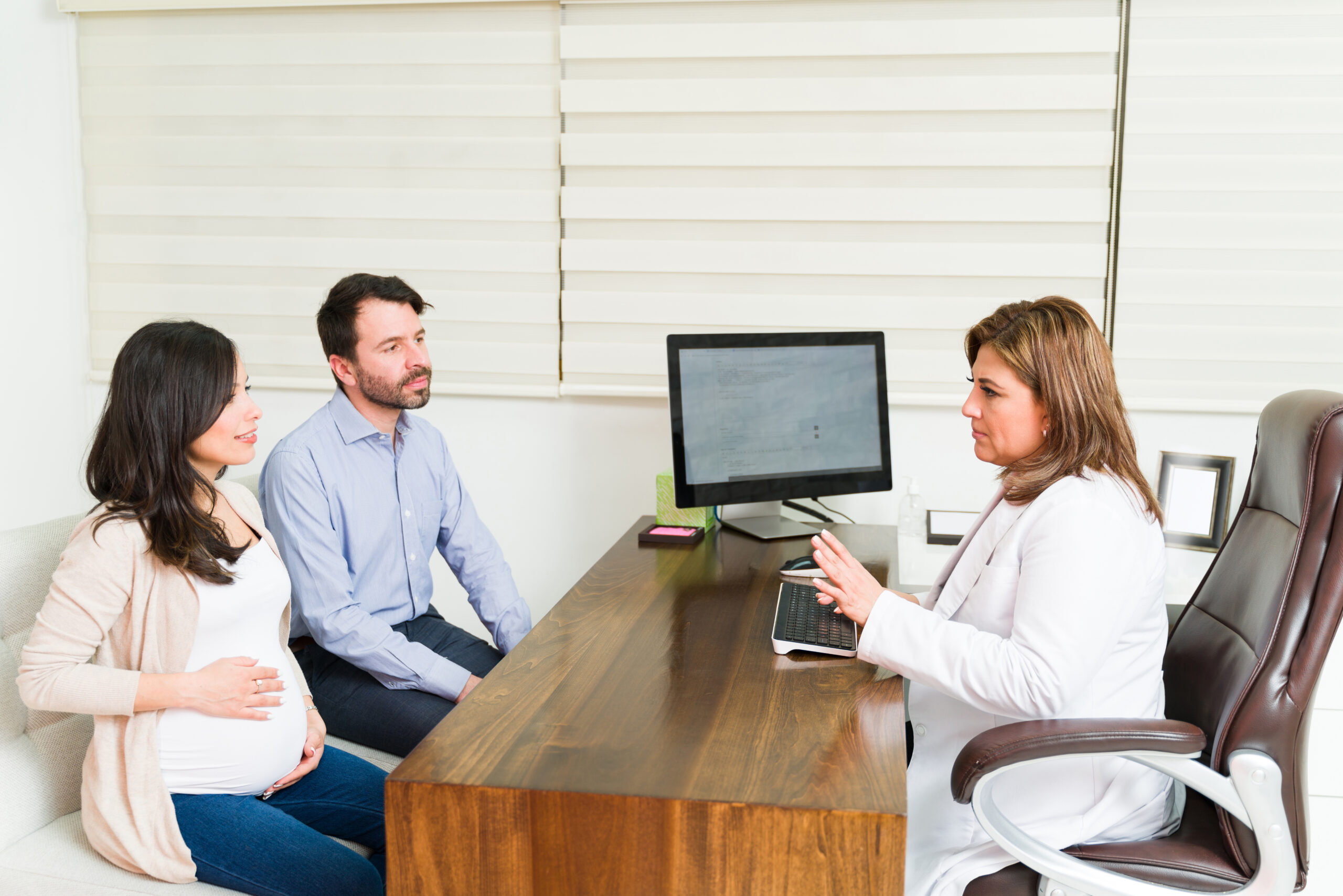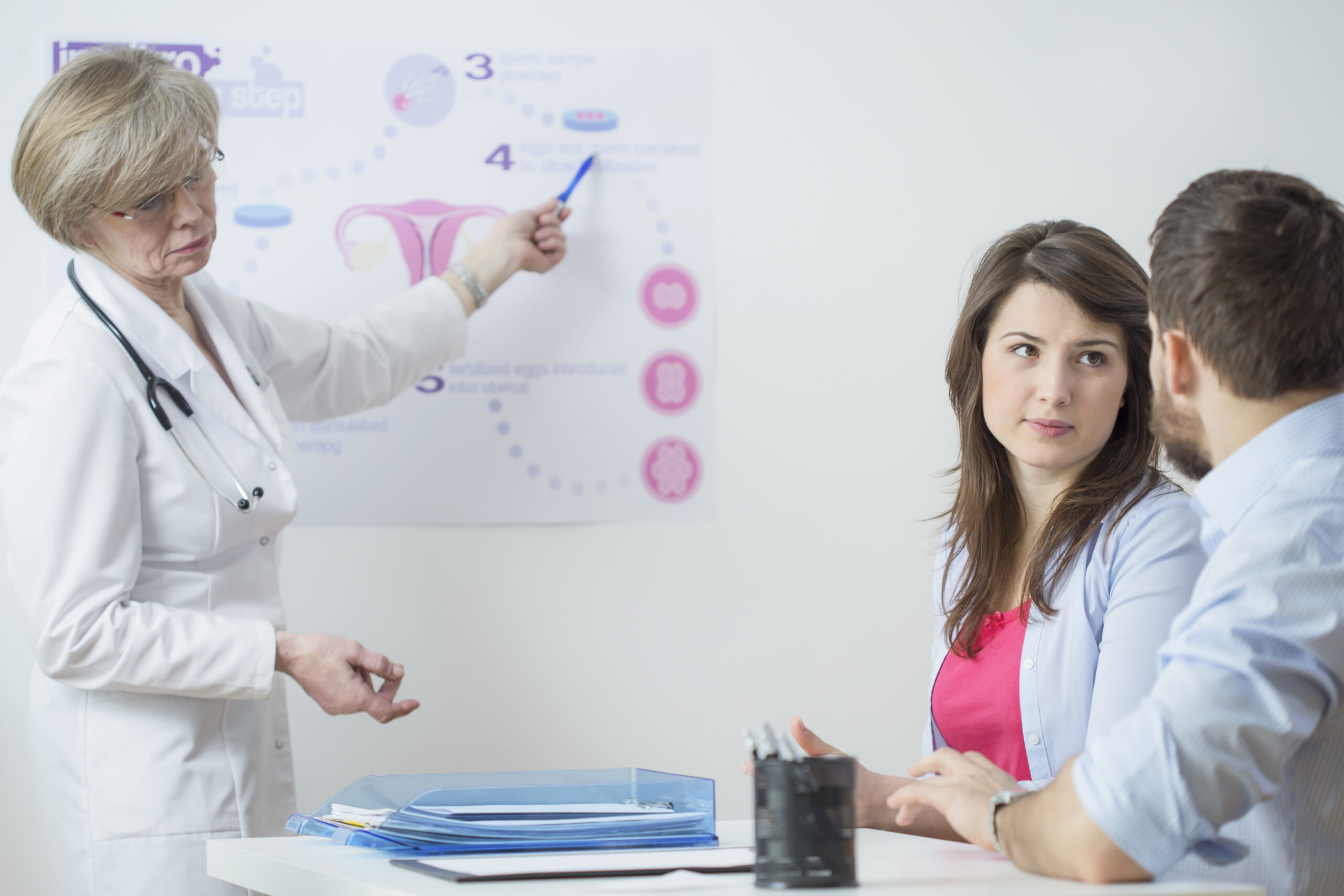How Panama Fertility Uses Acupuncture to Increase Success Rates
In vitro fertilization (IVF) is a popular assisted reproductive technology used to help couples conceive a child. Despite its high success rates, some couples may struggle with infertility or have difficulty conceiving through IVF. However, there are alternative therapies available to increase the chances of a successful pregnancy, and one of these is acupuncture.
Acupuncture has been used in traditional Chinese medicine for centuries to treat various conditions, including infertility. In recent years, there has been growing interest in using acupuncture as a complementary therapy to increase IVF success rates. In this blog post, we’ll explore how acupuncture works in IVF and how Panama Fertility uses acupuncture to help its patients achieve successful pregnancies.
Acupuncture has been used in traditional Chinese medicine for centuries to treat various conditions, including infertility. In recent years, there has been growing interest in using acupuncture as a complementary therapy to increase IVF success rates. In this blog post, we’ll explore how acupuncture works in IVF and how Panama Fertility uses acupuncture to help its patients achieve successful pregnancies.
When should you do acupuncture during IVF?
Acupuncture is typically done during the IVF process to optimize its benefits. Most acupuncturists recommend starting acupuncture treatments three to six months before the start of an IVF cycle. This allows the body to prepare and optimize for the process.
During an IVF cycle, acupuncture treatments are done at specific times to help increase the chances of a successful pregnancy. Acupuncture is usually done before and after embryo transfer to help with implantation and reduce stress levels.
How much does acupuncture increase IVF success?
Research studies have shown that acupuncture can significantly improve IVF outcomes, including increasing IVF success rates. In a systematic review of 22 studies, acupuncture improved pregnancy and live birth rates in women undergoing IVF treatment.
When should I get acupuncture for implantation?
Acupuncture can be done before and after embryo transfer to increase the chances of successful implantation. Most acupuncturists recommend acupuncture before and after embryo transfer to increase blood flow to the uterus and improve uterine receptivity.
What acupuncture points help implantation?
There are specific acupuncture points that can help with implantation. These include the points on the abdomen, lower back, and legs. An experienced acupuncturist can identify and stimulate these points to help increase the chances of successful implantation.
What helps successful implantation?
Successful implantation depends on several factors, including a healthy uterine lining, good blood circulation, and healthy reproductive organs. Acupuncture can help improve these factors by increasing blood flow to the uterus and improving the overall health of the reproductive system.
Is acupuncture good before embryo transfer?
Acupuncture before embryo transfer is beneficial as it helps prepare the body for implantation. Acupuncture can help improve uterine blood flow, reduce stress levels, and improve the overall health of the reproductive system.
Does acupuncture help after the embryo transfer?
Acupuncture after embryo transfer can help increase the chances of successful implantation. It can help reduce stress levels, improve uterine blood flow, and promote a healthy pregnancy.
How long before embryo transfer should you do acupuncture?
Most acupuncturists recommend acupuncture treatments for at least three months before embryo transfer. This allows the body to prepare and optimize for the process.
Does acupuncture help before embryo transfer?
Acupuncture before embryo transfer can help improve the chances of successful implantation. It can help improve uterine blood flow, reduce stress levels, and promote a healthy pregnancy.
How long before embryo transfer should you do acupuncture?
Most acupuncturists recommend acupuncture treatments for at least three months before embryo transfer. This allows the body to prepare and optimize for the process.
Is acupuncture better before or after the embryo transfer?
Both acupuncture before and after embryo transfer can be beneficial. Acupuncture before embryo transfer can help prepare the body for implantation, while acupuncture after embryo transfer can help increase the chances of successful implantation.
How Does Acupuncture Help with Embryo Implantation?
Acupuncture can also help with embryo implantation, a critical stage in the IVF process. Successful implantation is essential for a healthy pregnancy, and acupuncture can help by improving blood flow to the uterus and promoting uterine receptivity.
During an acupuncture session, specific acupuncture points are stimulated to improve blood flow to the uterus and enhance the development of the uterine lining. These points may include the lower abdomen, legs, and lower back. By increasing blood flow to the uterus, acupuncture can help to promote a thick, healthy uterine lining, which is essential for successful implantation.
Furthermore, acupuncture can also stimulate the release of reproductive hormones, such as follicle-stimulating hormone (FSH) and luteinizing hormone (LH), which play a crucial role in ovulation. By regulating these hormones, acupuncture can help to improve the quality of the eggs produced and enhance the chances of successful implantation.
Acupuncture can also help reduce stress levels, which can significantly impact the success of the IVF process. High-stress levels can cause the body to release cortisol, a hormone that can interfere with reproductive function and reduce the chances of successful implantation. By promoting relaxation and reducing stress levels, acupuncture can help to create a more favorable environment for embryo implantation.
During an acupuncture session, specific acupuncture points are stimulated to improve blood flow to the uterus and enhance the development of the uterine lining. These points may include the lower abdomen, legs, and lower back. By increasing blood flow to the uterus, acupuncture can help to promote a thick, healthy uterine lining, which is essential for successful implantation.
Furthermore, acupuncture can also stimulate the release of reproductive hormones, such as follicle-stimulating hormone (FSH) and luteinizing hormone (LH), which play a crucial role in ovulation. By regulating these hormones, acupuncture can help to improve the quality of the eggs produced and enhance the chances of successful implantation.
Acupuncture can also help reduce stress levels, which can significantly impact the success of the IVF process. High-stress levels can cause the body to release cortisol, a hormone that can interfere with reproductive function and reduce the chances of successful implantation. By promoting relaxation and reducing stress levels, acupuncture can help to create a more favorable environment for embryo implantation.
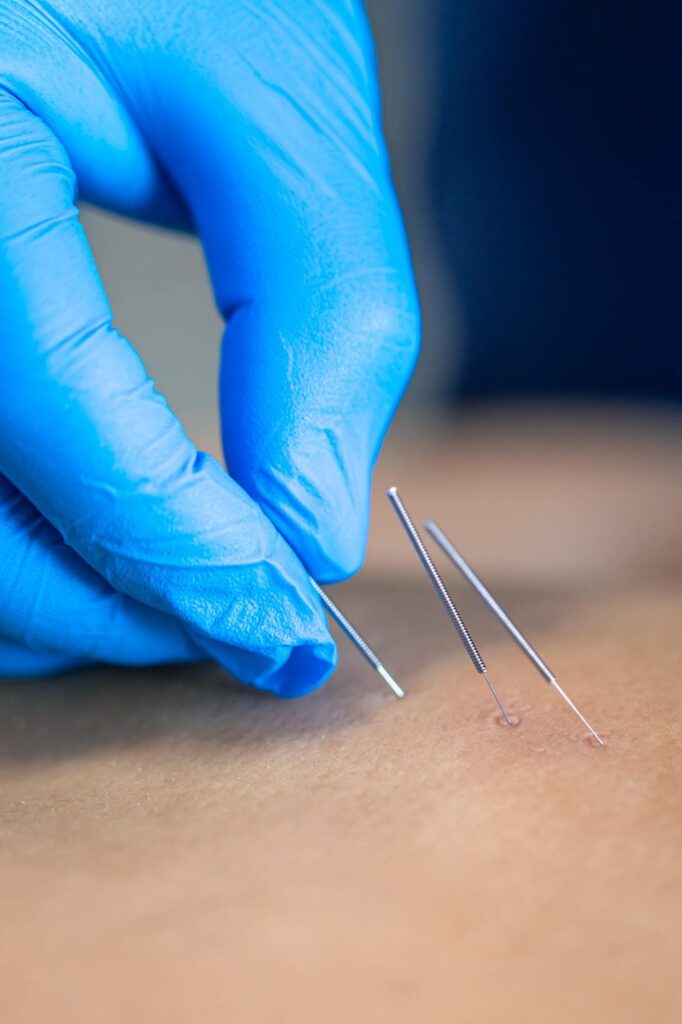
When Should You Do Acupuncture During IVF?
The timing of acupuncture during the IVF process is crucial for maximizing its benefits. Many fertility specialists recommend starting acupuncture treatments about three months before the start of an IVF cycle. This allows enough time to regulate the menstrual cycle, improve egg quality, and enhance uterine receptivity.
During an IVF cycle, acupuncture treatments are typically performed before and after the embryo transfer procedure. Acupuncture before the transfer can help to improve blood circulation and promote relaxation, creating an optimal environment for embryo implantation. Acupuncture after the transfer can help to reduce stress levels, promote healing, and support a healthy pregnancy.
During an IVF cycle, acupuncture treatments are typically performed before and after the embryo transfer procedure. Acupuncture before the transfer can help to improve blood circulation and promote relaxation, creating an optimal environment for embryo implantation. Acupuncture after the transfer can help to reduce stress levels, promote healing, and support a healthy pregnancy.
How Often Should I Do Acupuncture for IVF?
The frequency of acupuncture treatments during IVF can vary depending on the individual’s needs and the IVF protocol being used. Most patients receive acupuncture treatments once or twice a week leading up to the IVF cycle and before and after the embryo transfer procedure.
However, some patients may benefit from more frequent treatments, especially if they have certain medical conditions or their IVF journey has been challenging. Discussing your treatment plan with an experienced IVF acupuncturist is essential to determine the best approach for your specific needs.
Conclusion
Acupuncture is a safe and effective complementary therapy that can enhance the success of IVF treatment. By improving blood flow, regulating hormones, reducing stress levels, and promoting relaxation, acupuncture can help to create a more favorable environment for successful implantation and healthy pregnancy.
At Panama Fertility, we believe in a holistic approach to fertility treatment, including Western and Eastern medicine. Our team of experienced acupuncturists works closely with our reproductive medicine specialists to provide comprehensive care that addresses all aspects of our patient’s fertility journey.
If you’re considering IVF treatment or other fertility treatments, we encourage you to learn more about the benefits of acupuncture and how it can help to increase your chances of success. Contact us today to schedule a consultation with one of our experienced fertility specialists and learn more about our holistic approach to fertility treatment.
At Panama Fertility, we believe in a holistic approach to fertility treatment, including Western and Eastern medicine. Our team of experienced acupuncturists works closely with our reproductive medicine specialists to provide comprehensive care that addresses all aspects of our patient’s fertility journey.
If you’re considering IVF treatment or other fertility treatments, we encourage you to learn more about the benefits of acupuncture and how it can help to increase your chances of success. Contact us today to schedule a consultation with one of our experienced fertility specialists and learn more about our holistic approach to fertility treatment.
